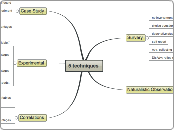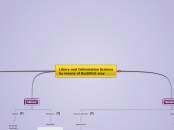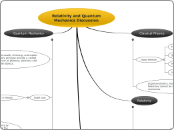por ibrahim khafagy 15 anos atrás
246
5 techniques
Various research methods have distinct strengths and weaknesses. Case studies offer in-depth analysis and are advantageous when experiments are impractical, but they may not reflect general populations and are purely descriptive.









